“Band of Brothers” has become a cornerstone in World War II storytelling, offering a gripping portrayal of Easy Company’s journey from training to the war’s end. While the series is celebrated for its authenticity and emotional depth, it’s not without its historical inaccuracies.
As we take a look at the discrepancies, it’s crucial to appreciate the series’ monumental effort in bringing the sacrifices and challenges of these soldiers to light, even as we uncover the elements where fiction parts ways with fact.
The Jagdpanther
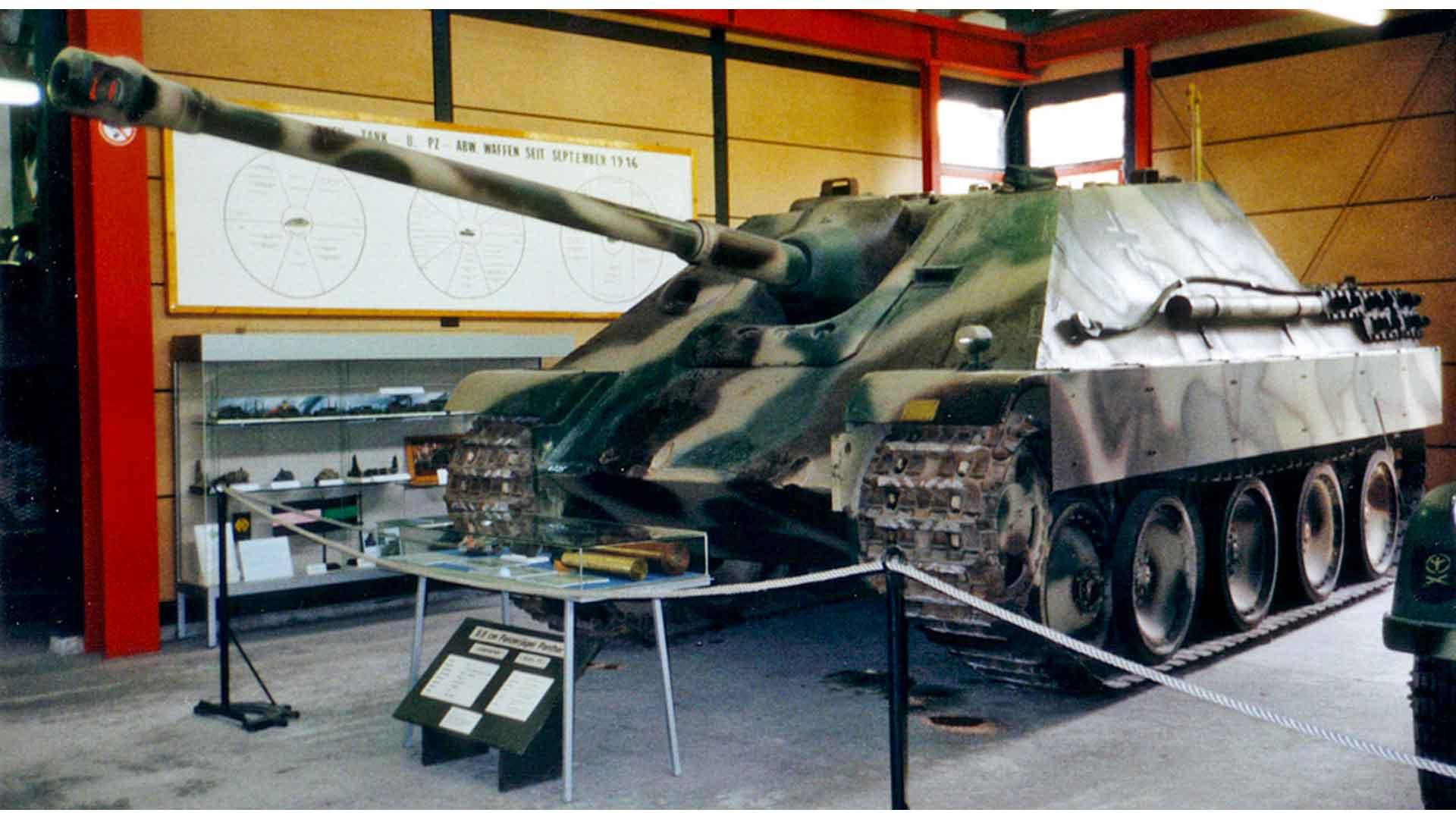
In the vivid retelling of the Battle of Carentan, “Band of Brothers” introduces a Jagdpanther tank destroyer, a formidable weapon. However, this inclusion strays from historical accuracy, as the Jagdpanther was not deployed in this battle but was introduced later in the Normandy campaign.
This moment, while minor, highlights the challenges of perfectly aligning dramatic storytelling with the complex tapestry of wartime events.
The Untold Story of Major Richard Winters’ Luger
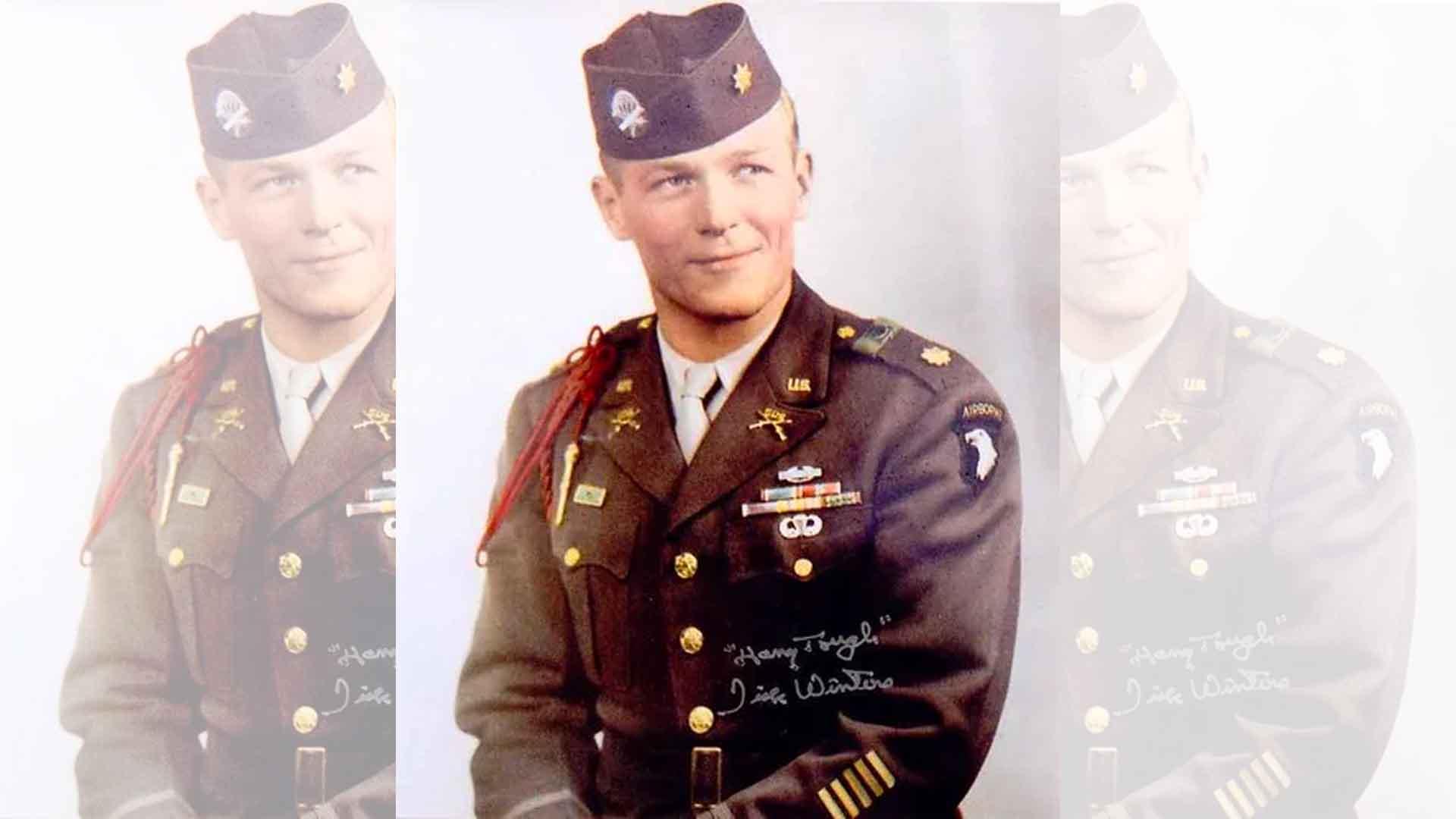
In a poignant scene, Major Richard Winters is shown declining a German soldier’s luger as a sign of respect. However, historical records reveal that Winters actually accepted a Walther PP pistol, discovering it had never been fired (via IMFDb).
This moment, rich in symbolism, was unfortunately altered, losing an opportunity to further explore Winters’ character and the complexities of wartime morality.
Donald Malarkey’s Crossed Paths
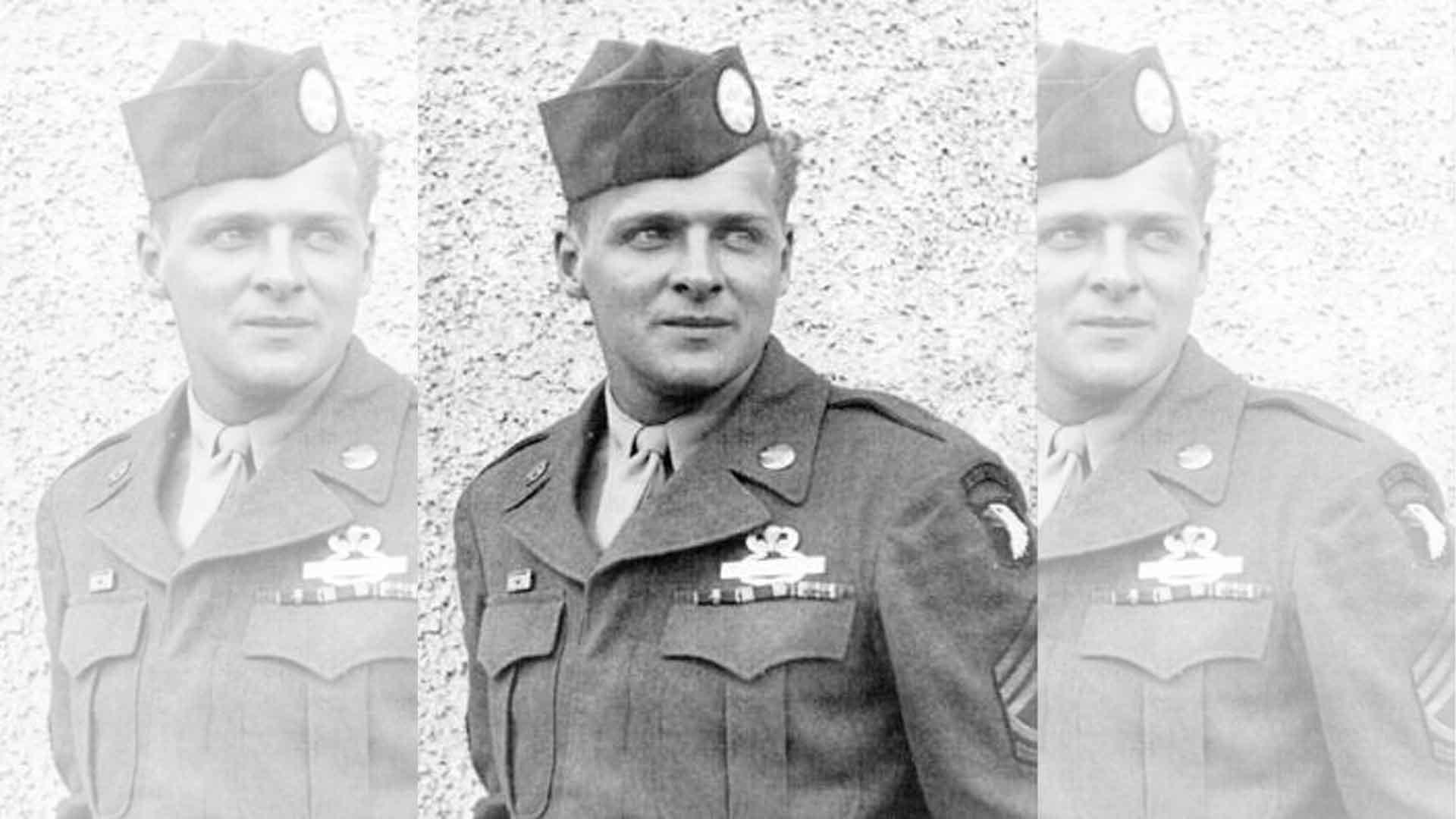
The series briefly touches upon Technical Sergeant Donald Malarkey’s interaction with a German POW, a moment that in reality was far more extraordinary, given their shared hometown connections.
This coincidence offered a profound reflection on soldiers’ relationships with their nationalities and heritage, a narrative thread that was not fully explored in the series, which could have added depth to the characters’ experiences.
Augusta Chiwy: The Forgotten Hero
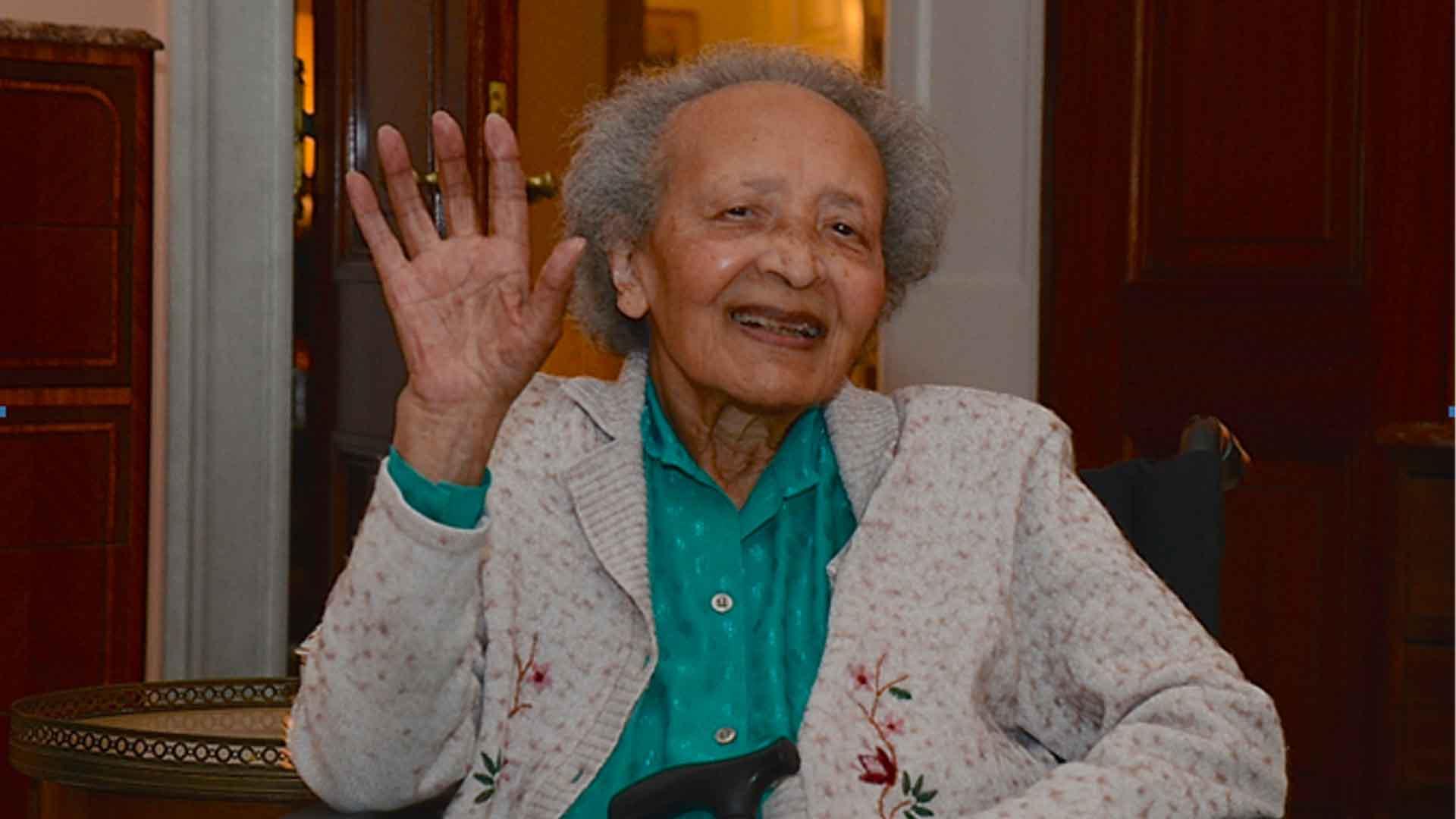
“Band of Brothers” barely scratches the surface of Augusta Chiwy’s heroism, a Belgian nurse who braved immense danger to save American soldiers (per The New York Times). Chiwy’s story highlights to unacknowledged contributions of countless individuals in the war, particularly those facing additional adversities, such as racial prejudice.
Her omission underscores the series’ missed opportunities to highlight diverse perspectives and acts of bravery.
The Inaccuracy of Albert Blithe’s Fate
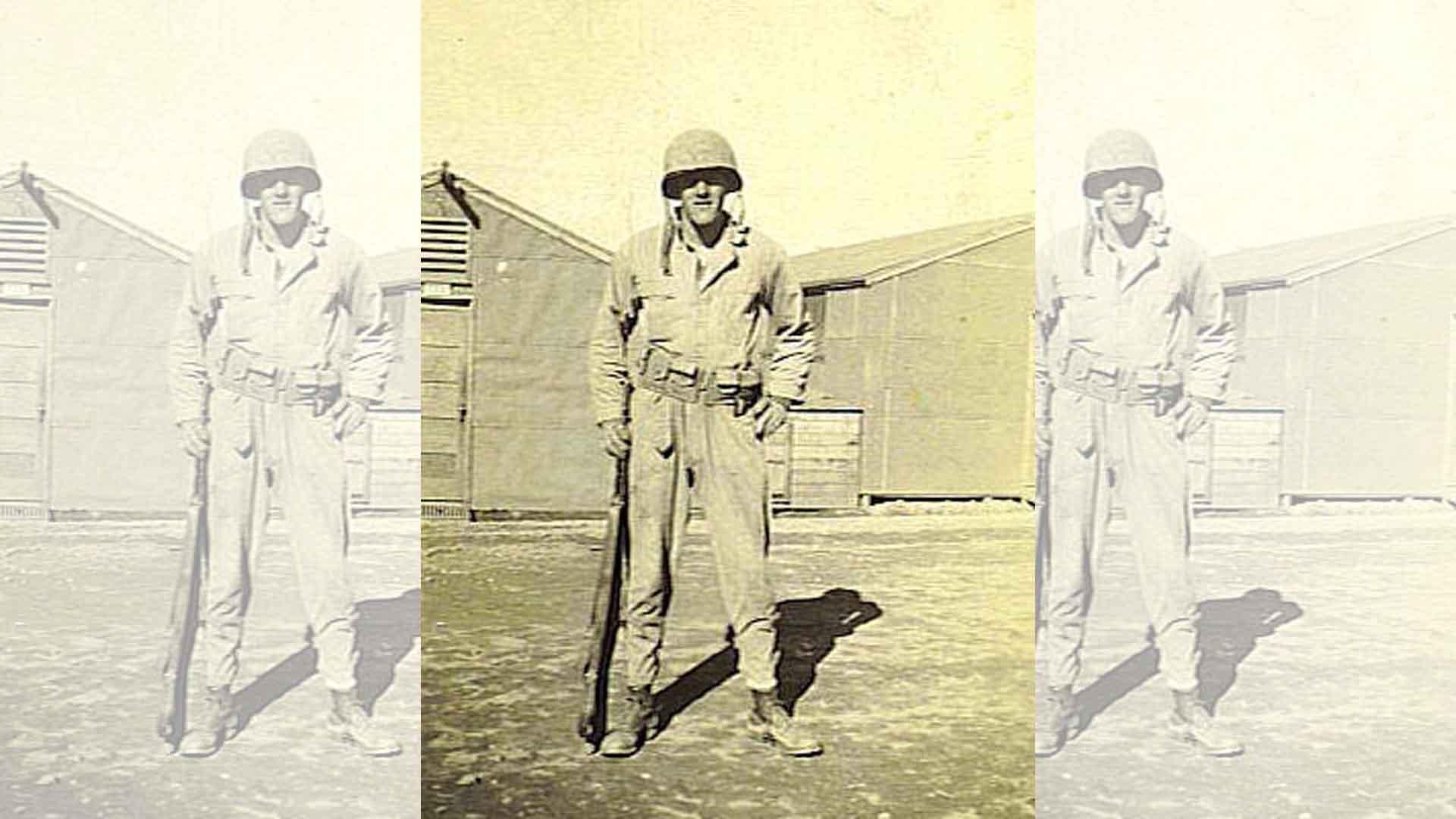
Albert Blithe’s portrayal in the series ends with the claim that he died in 1948 from war wounds, a fact contradicted by history, as Blithe lived until 1967, per Dexerto.
This discrepancy not only misinforms viewers but overlooks the true extent of Blithe’s service and life, illustrating the importance of thorough historical verification in storytelling.
Mischaracterizing Norman Dike
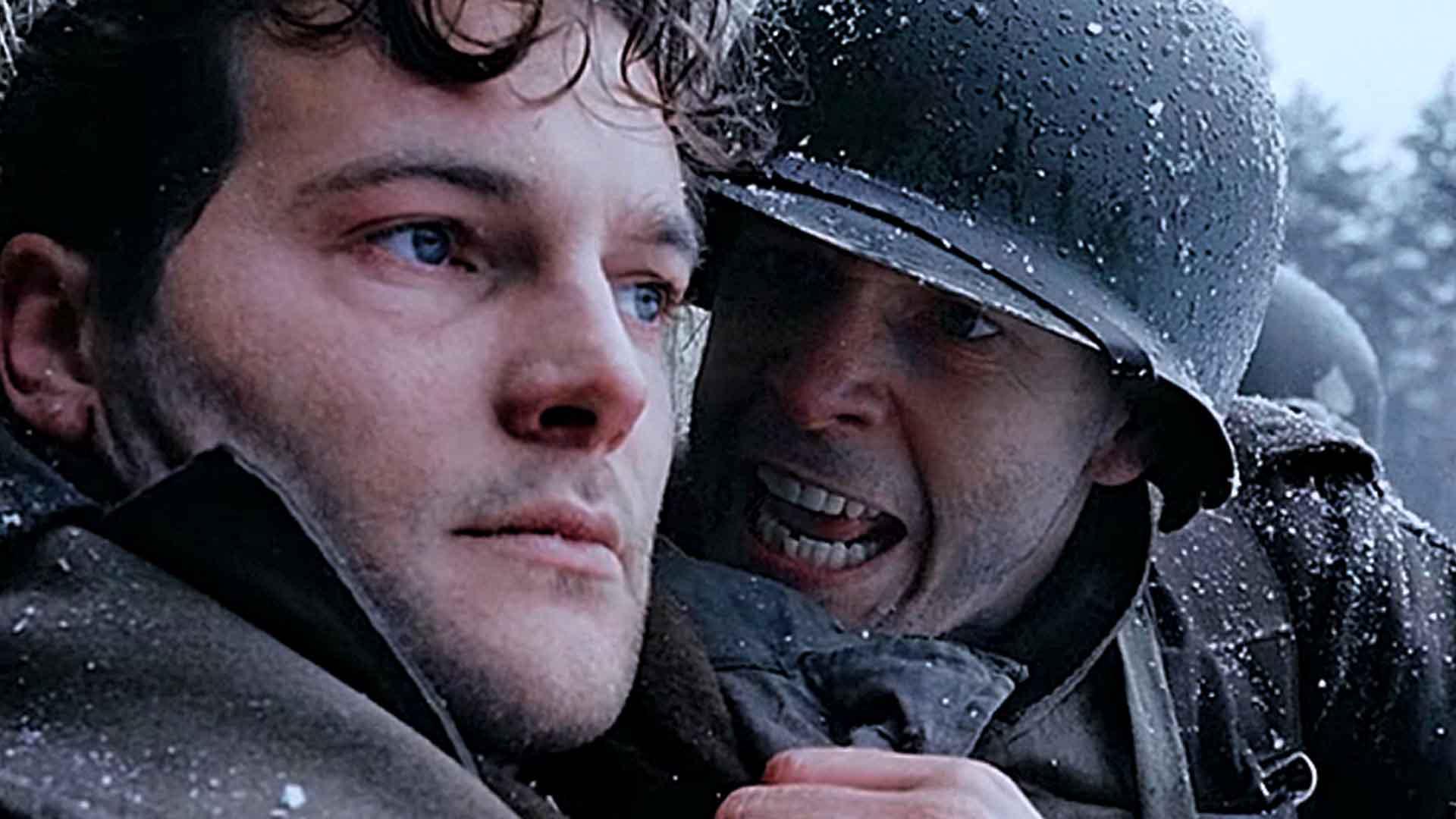
The series casts First Lieutenant Norman Dike in an unflattering light, focusing on a moment of perceived cowardice.
However, Dike’s military career, which included receiving two Bronze Stars for bravery, tells a different story. This portrayal simplifies the complexities of leadership in battle and fails to fully honor Dike’s contributions and challenges.
Reporting Hitler’s Death Prematurely

An episode inaccurately announces Hitler’s suicide 19 days before the actual event, a glaring error in an otherwise meticulously researched series.
This mistake highlights the critical role of accurate historical timelines in preserving the integrity of the narrative and the importance of attention to detail in historical dramatizations.
The Challenge of Depicting War on Screen

Adapting the vast and varied experiences of World War II into a coherent, engaging narrative like “Band of Brothers” is a monumental challenge. Not only must writers and directors condense years of history into a handful of episodes, but they also face the daunting task of conveying the intensity and horrors of war without resorting to exploitative or gratuitous violence.
This balance requires sensitivity, thoughtfulness, and an unyielding commitment to accuracy, as even minor discrepancies can undermine the impact of the story while entertaining its audience.
The Impact of Band of Brothers Despite Flaws

Despite the historical inaccuracies identified, “Band of Brothers” has left a major mark on its audience, offering a moving and personal glimpse into the lives of soldiers.
The series’ impact lies in its ability to convey the emotional and moral complexities of war, creating a lasting tribute to the bravery and sacrifices of the Greatest Generation.
Reflecting on Historical Accuracy in Media

Exploring the inaccuracies in “Band of Brothers” and other wartime series such as “Masters of the Air” serves as a reminder of the importance of historical accuracy in media as a whole.
It emphasizes the responsibility of filmmakers to honor real-life events and individuals while acknowledging the creative challenges of adapting history into compelling narratives that are worth watching.
A Call to Remember
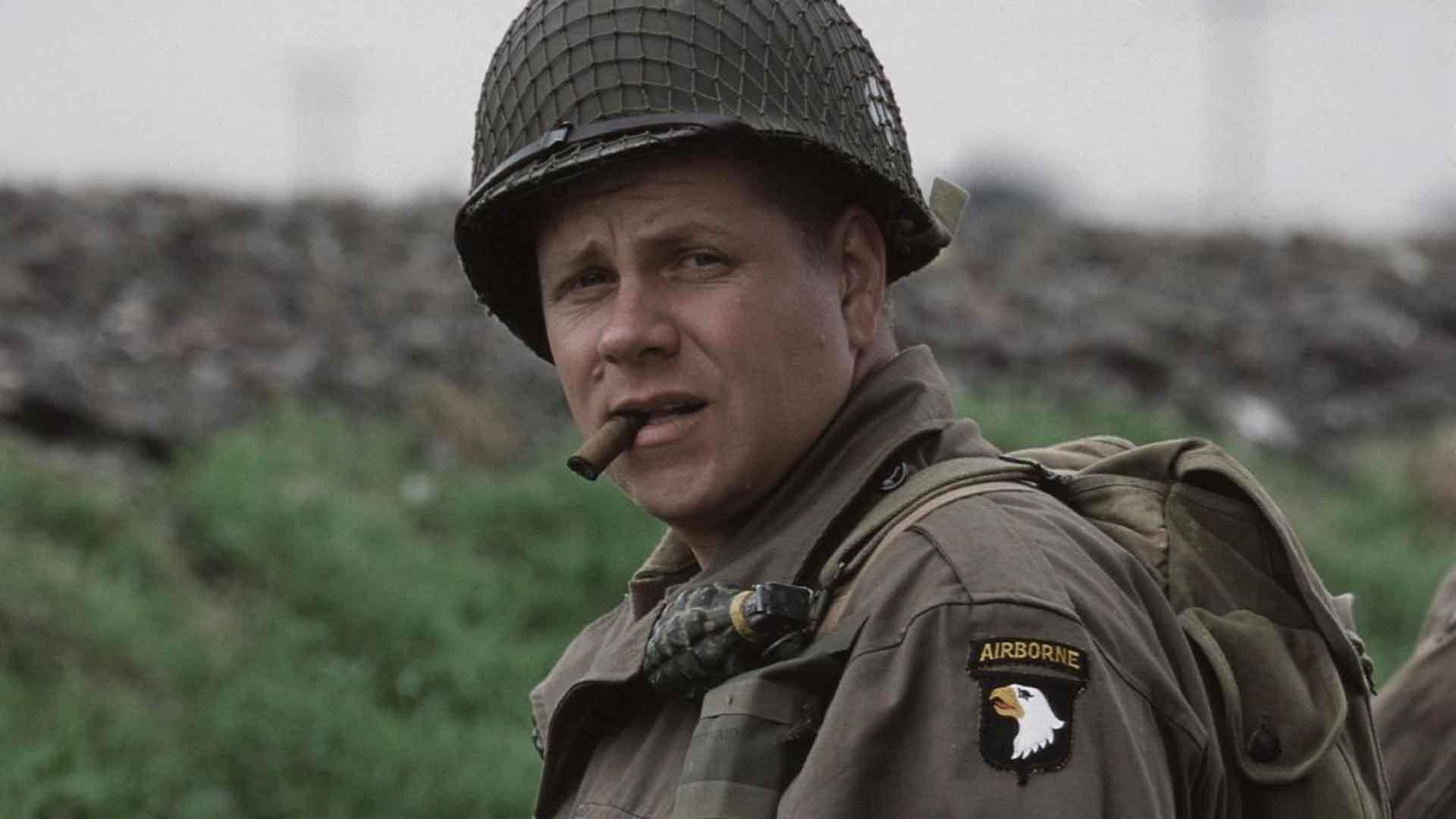
“Band of Brothers” remains an important and powerful portrayal of World War II, despite its historical inaccuracies.
Its storytelling prowess and emotional depth continue to engage and educate, reminding us of the importance of remembering and respecting our shared history, in all its complexity and nuance.

